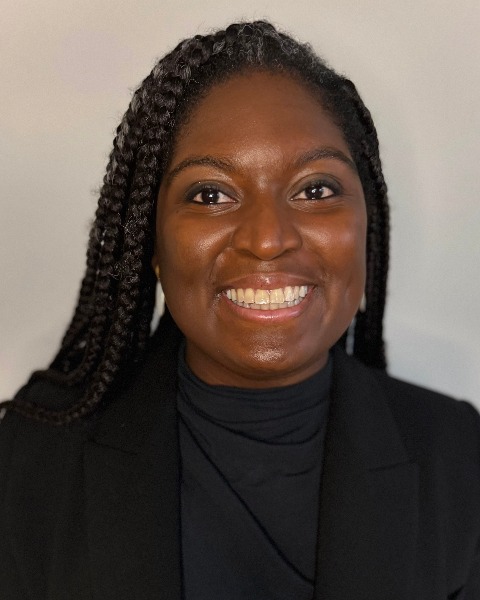Neonatology
Session: Neonatal-Perinatal Health Care Delivery 1 Works in Progress
WIP 35 - How do NICU team members view supporting fathers in the NICU? A multidisciplinary qualitative study
Monday, May 6, 2024
9:30 AM - 11:30 AM ET
Poster Number: WIP 35
Publication Number: WIP 35.2567
Publication Number: WIP 35.2567

Ewurama Taylor, MD (she/her/hers)
Pediatric Resident
Comer Children's Hospital at University of Chicago Medical Center
Chicago, Illinois, United States
WIP Presenting Author(s)
Background: A comfortable and inclusive environment for NICU fathers has immediate and downstream health and sociobehavioral benefits for both parents and NICU patients by promoting parental bonding, cognitive development, and growth. Fathers often express a desire for greater inclusion in the care of their children. NICU caregivers, including physicians, nurses, and social workers, play pivotal roles in supporting families.
Objective: This study aims to understand how NICU care providers view: 1) ethical obligations toward supporting fathers of NICU patients and 2) facilitators and challenges to providing this support.
Design/Methods: Up to 24 NICU care providers (social workers, physicians and nurses) at two centers are volunteering to participate in in-person, semi-structured, digitally audio-recorded interviews. Interview guides have been constructed based on literature searches related to care provider experiences in the NICU and family centered care and all methods have been approved by the IRB. Purposive sampling diversifies the study group. Interviewees report socio-demographic information in an online anonymous survey to allow reporting aggregate characteristics of the interview group, which is so far made up of a diverse group of 23 care providers. After any identifying data are removed, transcribed interviews are analyzed by 3 study team members using qualitative coding software (Dedoose, Los Angeles, CA). Coding teams meet routinely to discuss codes while maintaining theoretical sensitivity to any newly emerging concepts within the data. The study continues recruiting until thematic saturation is reached when additional interviews no longer reveal new concepts. Quantitative demographic survey data are analyzed using descriptive statistics.
Preliminary results of coding the first 4 interviews reveal the most common codes thus far include: competing paternal roles outside the NICU; limited access or availability of fathers; and mindful practice of including fathers. We aim to complete our analysis by January 2024.
